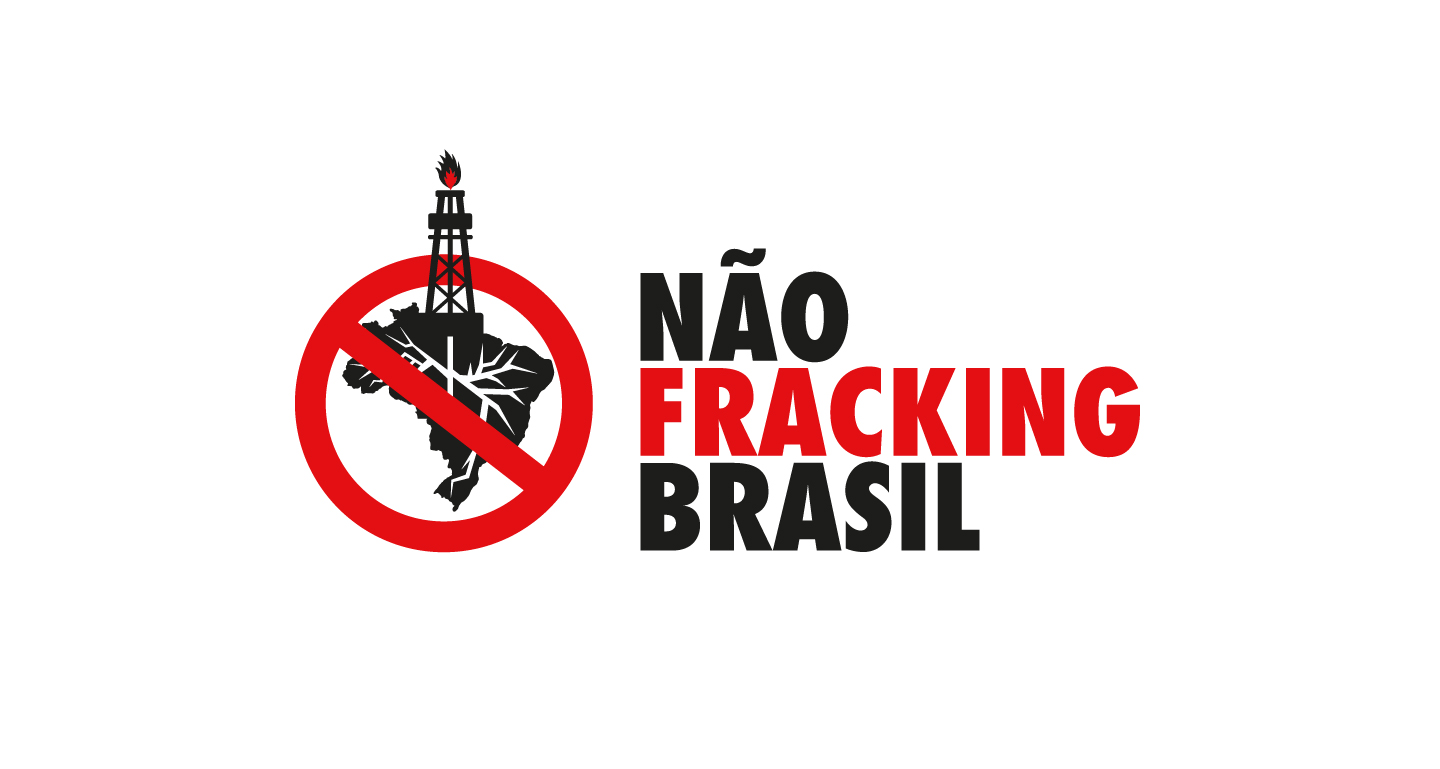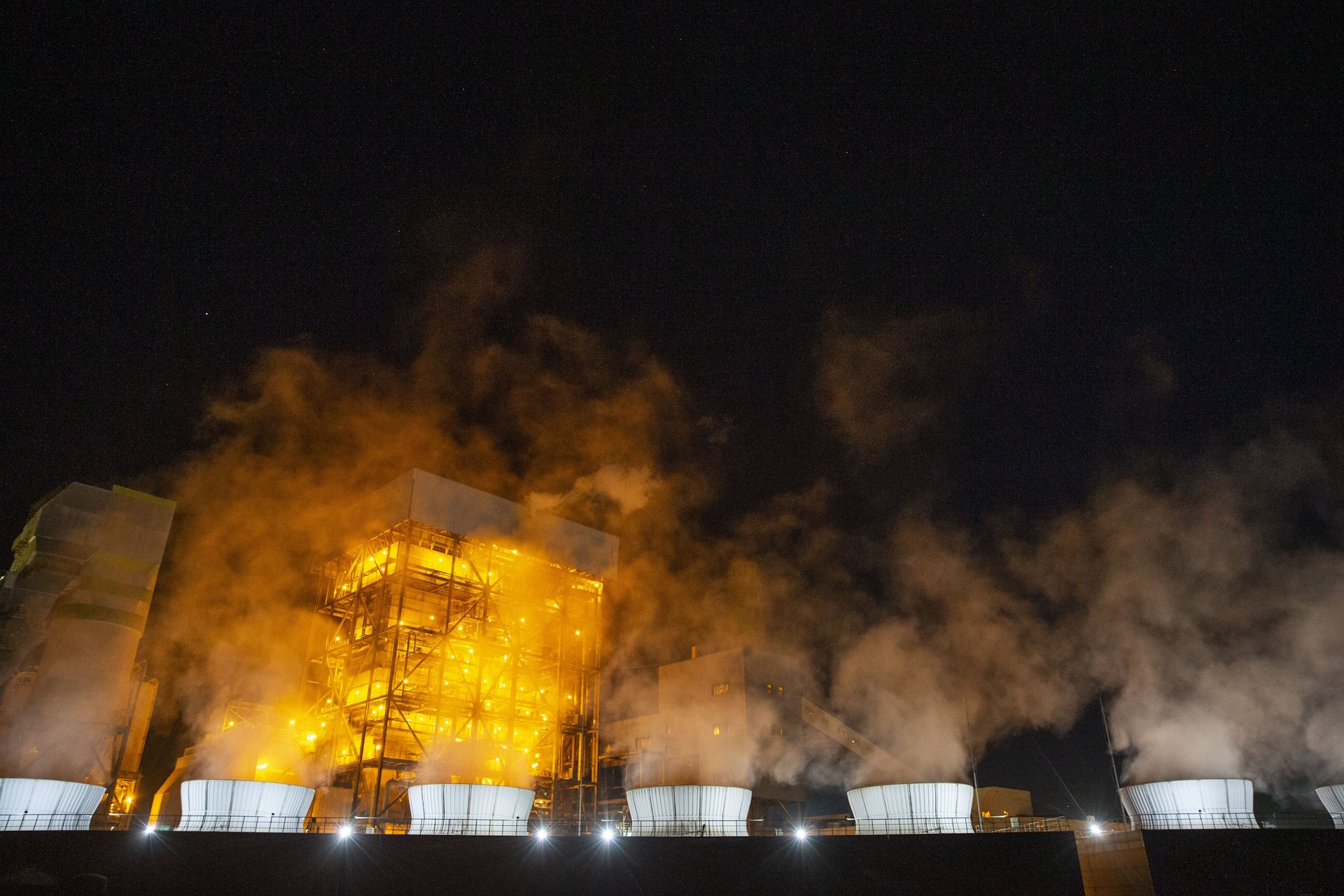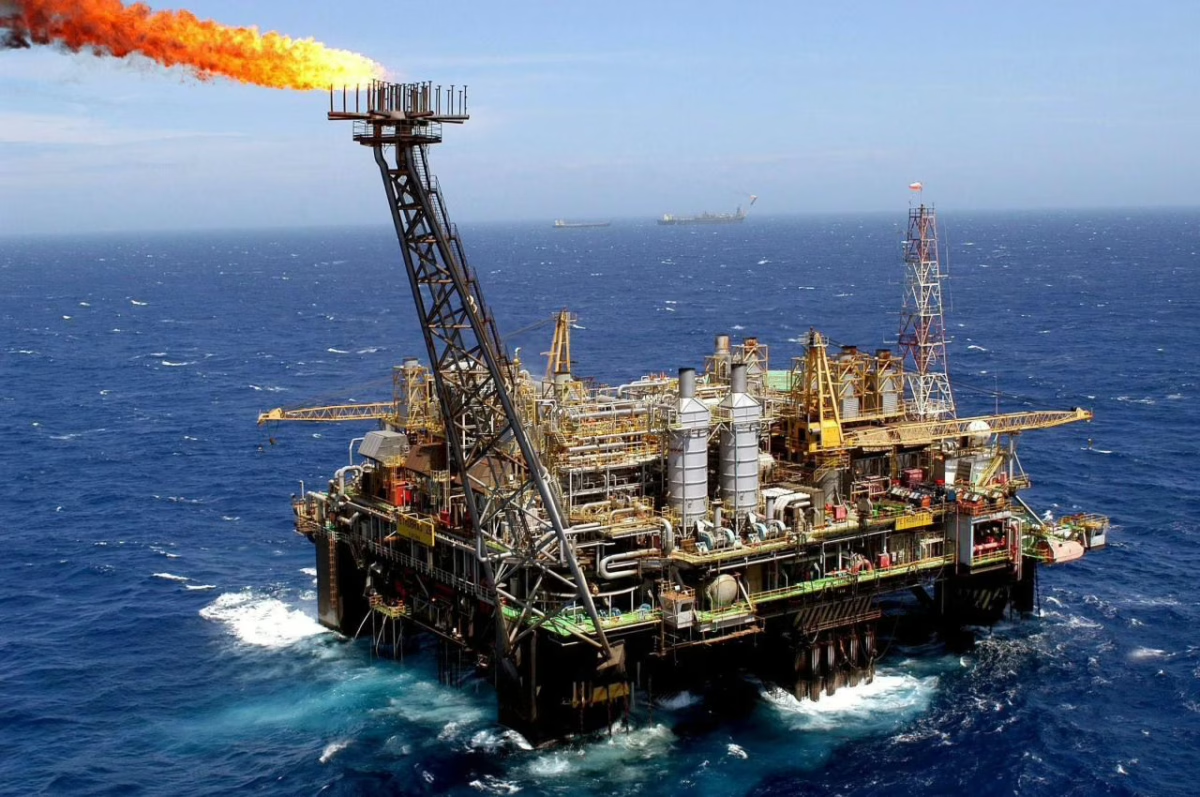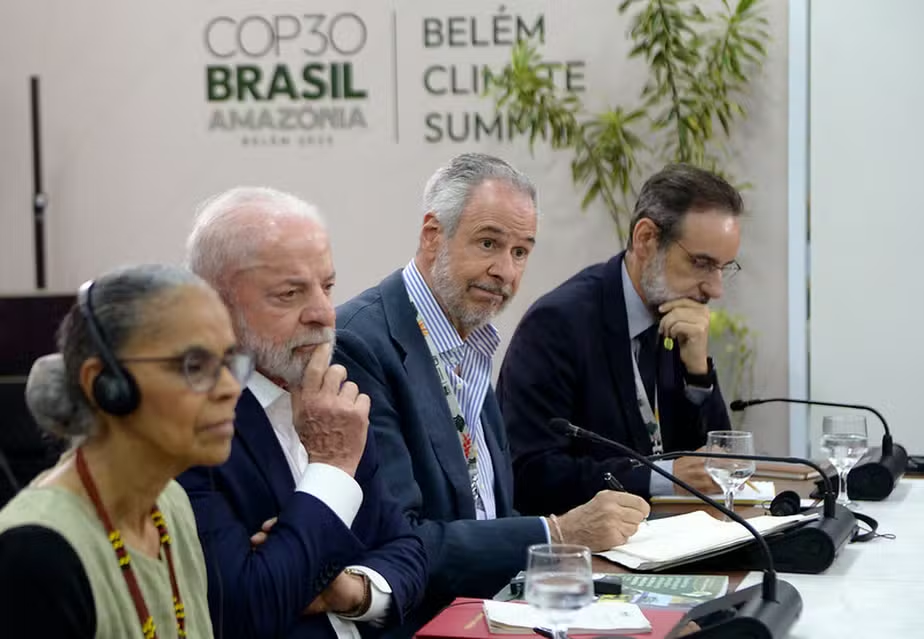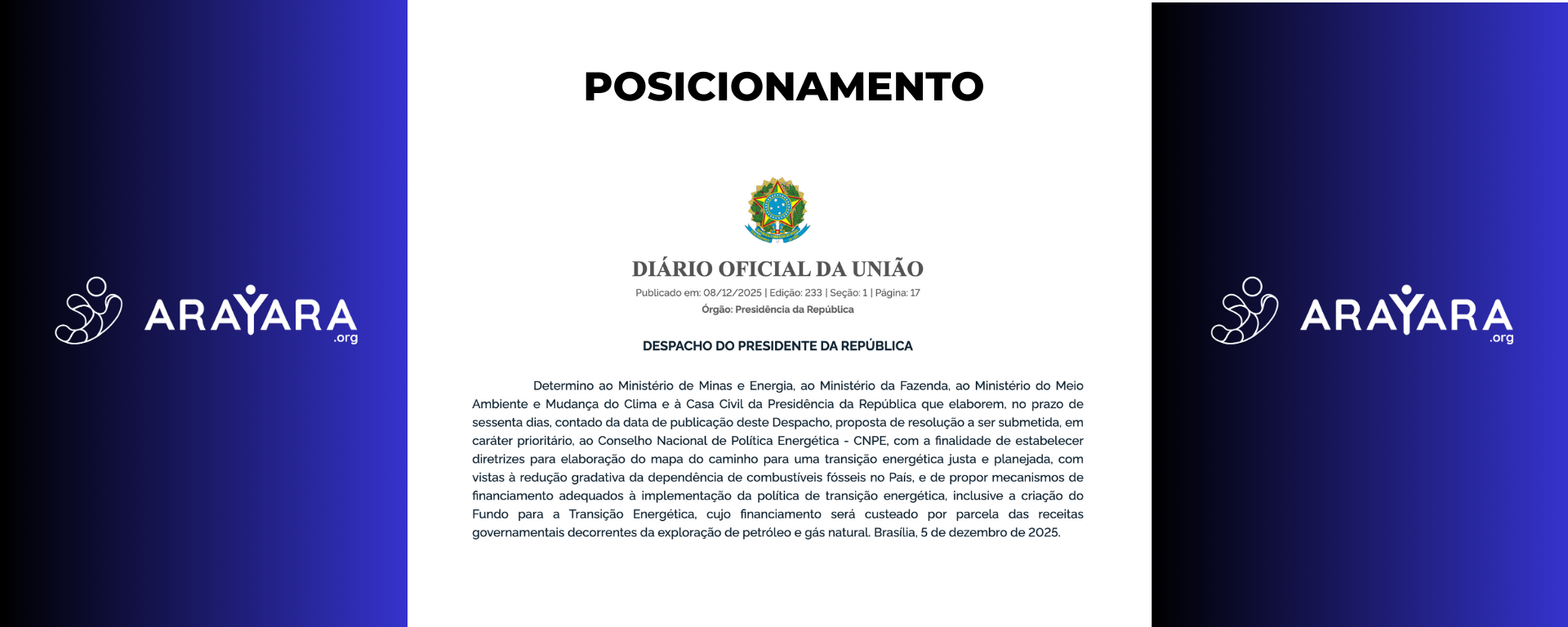The meeting dealt with the impacts of fracking in the municipalities of the state
What is fracking?
Fracking – also called hydraulic fracturing – is a process that involves injecting large volumes of water, chemicals and sand at high pressure into underground rock layers to release trapped natural gas. Despite being a technique already used in several countries, it is controversial because it causes environmental and ecological damage, including contamination of groundwater, release of greenhouse gases, induced earthquakes, etc.
The team from COESUS – Coalition No Fracking Brazil for Water and Life, a campaign by the Arayara International Institute, carried out a training on the campus of the Federal University of Maranhão (UFMA), located in Balsas, on September 16, 2022. During the event, the impacts that Fracking is capable of causing in the municipalities of Maranhão were presented.
The social worker, Ellen, and the secretary Jhonathaem were the participants in the conversation and were responsible for sharing the information with the academic staff. In addition, the COESUS team made a special invitation for the principal, professors, employees and students of the college to participate in a public hearing in Balsas, held on September 21, at the city council. The purpose of this hearing was to discuss the risks of exploiting shale gas using the Fracking method in the municipalities of Maranhão.
It is important to emphasize that COESUS values science and education, with the participation of several educational teaching centers in its activities. Raising awareness of the dangers of Fracking is one of the fundamental pillars of the coalition’s mission.
At the public hearing, the director of UFMA – Balsas, Mrs. Gisélia Santos, was present along with professors from the environmental engineering course who volunteered to be part of COESUS. The union between academia and civil society is essential to combat the negative impacts of Fracking and seek more sustainable alternatives for the development of the state.
The active participation of the academic community and the engagement of educational institutions are crucial in the fight against Fracking, in order to guarantee the protection of the environment and the preservation of the health and well-being of the population.

